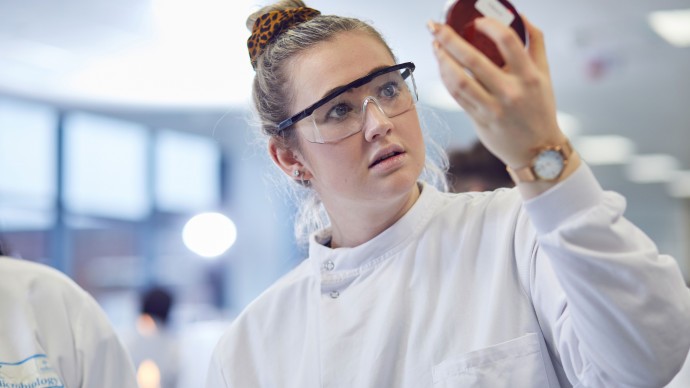
How to apply for a research degree
Our guide to applying for a postgraduate research degree. Find out what steps to take, the documents you'll need and how to write a strong proposal.
Research degrees application guide
If you choose to study a doctoral degree with us, you can:
- propose and develop your own research, which you lead with the support of a supervisory team
- apply to join a research project designed by the university’s academics
- enrol on a professional doctorate
This advice focuses on submitting a proposal for your own research project.
When you’re proposing your own research project, it’s your responsibility to create a coherent and credible proposal for original academic research. It’s important to understand the process, and what makes a good application.
Proposing a doctoral research project
To give you the best chance of success, it’s important to follow these steps in this order — doing this will save you time and help you make the best impression.
- Choose your research subject area.
- Check you meet the eligibility criteria.
- Discuss your proposal with a potential academic supervisor - you can find contacts in the research subject area pages.
- Develop your proposal with the support of your proposed supervisory team.
- Submit your proposal, along with any necessary supporting documents using our research degree application form.
If you’re applying from outside of the UK, visit our application guidance for international students.
Entry requirements
Academic qualifications
You normally need a first or upper second class (2:1) honours degree from a UK university or an equivalent qualification.
English language requirements
International students must show a high standard of English language ability. To check what you need, visit English language requirements.
Successful application tips
How to make a successful research degree application
Our top tips for making the best possible impression when proposing a research project for your doctoral degree:
- Find the right supervisor — make sure your proposed supervisor is suitable for your specialism
- Consult with your prospective supervisor — show evidence of the conversation with them when putting together your proposal
- Communicate your thesis topic clearly — indicate clear aims and objectives, key research questions to be answered and the research methods you’ll use
- Show you understand the existing research — investigate your proposed field and position your own study in the context of the existing work in the area
- Show the value of your research — explain why you chose your proposed research topic and why your work will be distinctive and contribute to the development of the field
- Show independent thinking — demonstrate the ability to understand the key elements of your detailed area of work
- Highlight your skills — describe how any training or experience is relevant to your proposal
- Identify resources —list the resources you think you’ll need for your project
- Consider the broader context — research around your area of study and know the key sources that are available to you
Application essentials
Documents you’ll need to apply
When you are ready to apply online, you’ll need to submit your application with the following documents:
- your research proposal
- two letters of reference, of which one must relate your most recent academic qualification
- a copy of your passport
- your CV
- qualification transcripts and certificates, with English translation for non-UK qualifications
- proof of English language proficiency where relevant
Application deadlines
You must apply by 5 April 2024 for programmes starting on 1 July 2024.
The full application must be completed by the deadline.
Contacts
Get in touch
If you have any questions about how to apply or the status of your application, you can email pgradmissions@mmu.ac.uk.
Related information
-
![Postgraduate researcher inspecting a petri dish in a science laboratory]()
Research degree subjects
Find a research degree -
![international student on spanish steps]()
Postgraduate research degrees
Find out more


